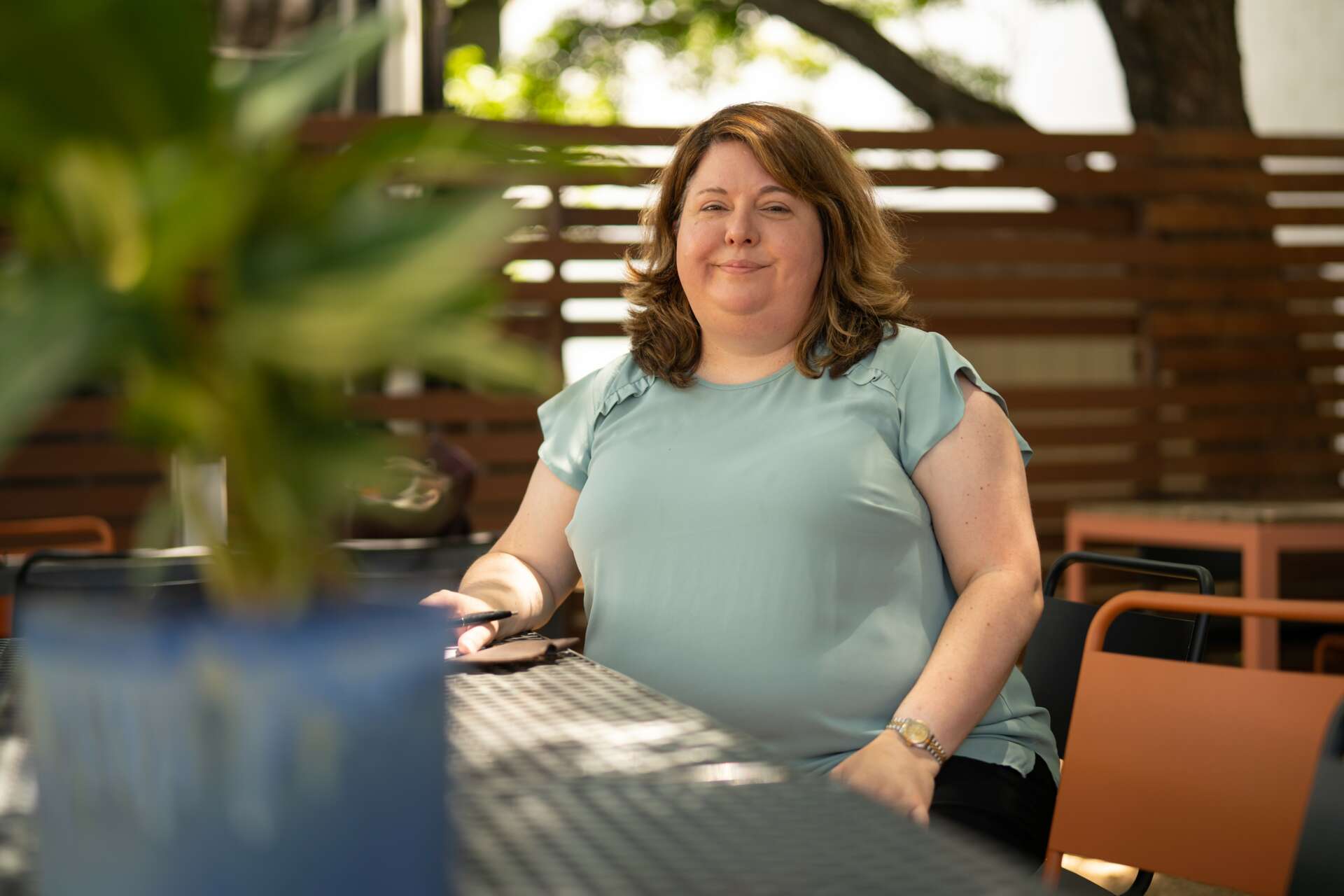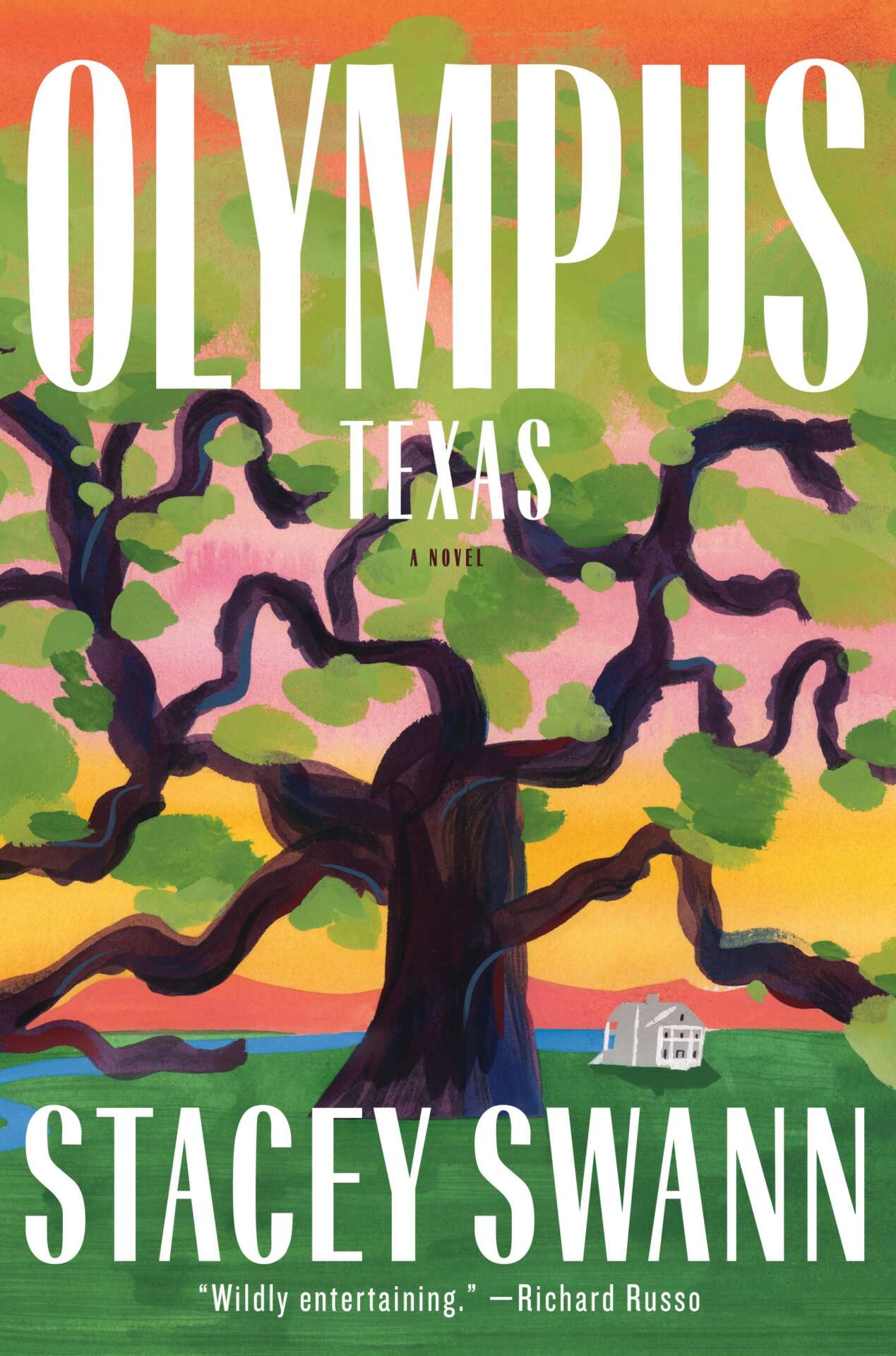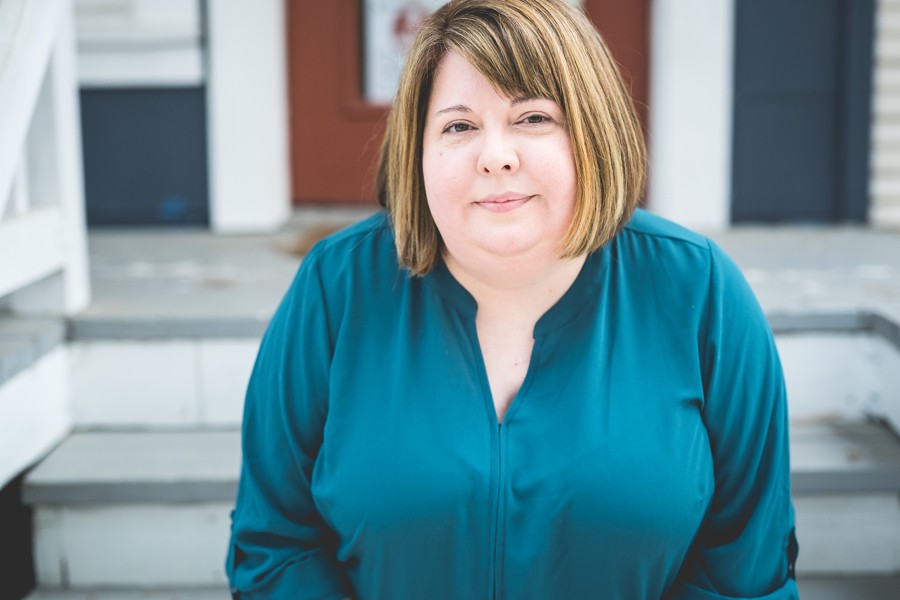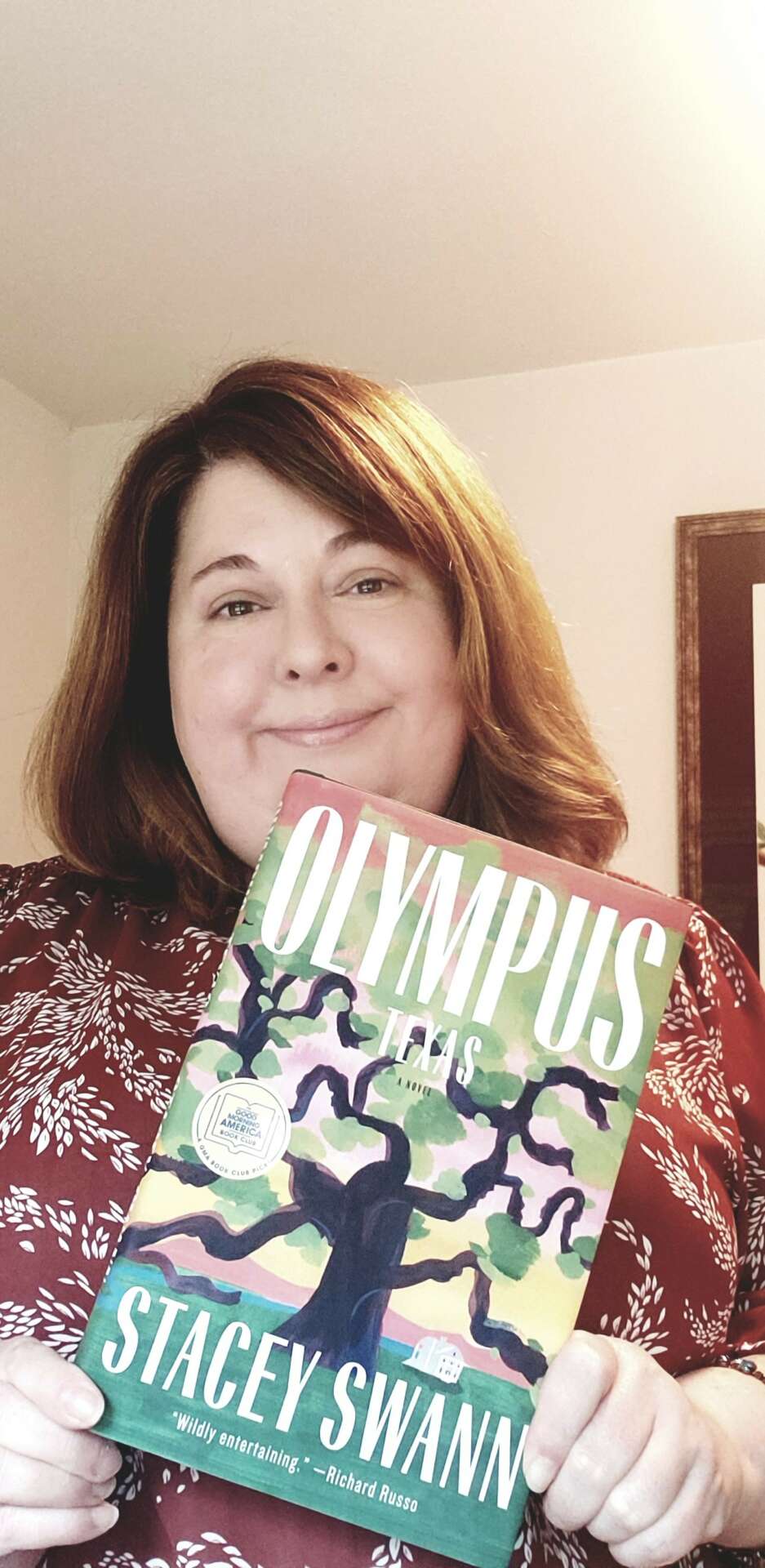We were lucky to catch up with Stacey Swann recently and have shared our conversation below.
Stacey, thanks for joining us, excited to have you contributing your stories and insights. Can you talk to us about how you learned to do what you do?
I’ve been an avid reader since I was a child, and part of me had always wanted to be a writer. I had taken one creative writing class as an undergrad, but I was very shy about sharing my work. In my late twenties, after taking two extension classes, I worked up the courage to apply to MFA programs in creative writing. My time at Texas State University gave me both a belief in my own work and community that took writing very seriously. That concentrated focus really accelerated my learning process and gave me permission to prioritize the work.
For writing, I think the most important skill is a drive to always make your creative work better. You have to love to revise, to work and re-work a piece. It’s also important to be able to take in feedback from outside readers. We need help to see if the vision in our heads is coming across to others in the way we intend.
My biggest obstacle, and the one that led to my long road before my debut novel was published, was continuing to prioritize the time commitment. There are so many things that can keep us from the desk (including full time non-writing jobs!).
Awesome – so before we get into the rest of our questions, can you briefly introduce yourself to our readers.
Though my debut novel only came out in 2021, I’ve been focused on creative writing for twenty years. Trying to blend your creative passion with a paycheck is not always easy, but I have focused on career paths that also helped me grow as a writer. For many years, I taught both college writing (those dreaded five-paragraph essays) and creative writing. I’ve worked as an Editor at a literary journal and continue to work as a freelance editor for clients who are revising stories and novels. All that work helps me continue to grow as an artist.
I started my novel OLYMPUS, TEXAS way back in 2006: a fifteen-year journey from beginning to publication. I’m most proud of not giving up in that time, both on the novel or on my desire to be a novelist. I never imagined I’d be so lucky to get the agent and editor of my dreams and to have my novel selected for the Good Morning American Book Club. Now that the book is out, my favorite thing is to hear from readers who have enjoyed my novel. It’s the story of modern-day, small-town Texas family, but those characters are based on characters in Greek and Roman mythology–a topic I’ve loved since childhood.
In your view, what can society to do to best support artists, creatives and a thriving creative ecosystem?
The industries around the creative arts–books, music, film, TV, dance, and visual arts–have changed a lot in the past twenty years. The internet itself, especially social media, takes up a lot of the free time that people used to devote to reading or listing to music or enjoying some other art form. There are more ways to access art that are free, now, and when we do pay for things, like music streaming services, the pay structures give artists a much smaller share of profits. In the coming years those career paths most suited to writers and artists, like copywriting or visual design, may be filled more and more by AI.
If we think art is important, we’ll have to view our own dollars as not just a way to access art but also a conscious choice to support the creative ecosystem. It costs more to buy a book new than track down a used copy. It costs more to buy a download of an album than to stream it on Spotify. But that extra money is essential to keeping artists afloat. If you value your local independent bookstore and the community it creates, then buy your books there rather than saving five bucks on Amazon. It’s not always easy, and no one has to be 100% perfect in their choices, but we should try to think of our spending in terms of what we value and not just what seems like the best deal.
We often hear about learning lessons – but just as important is unlearning lessons. Have you ever had to unlearn a lesson?
For many years, I thought creativity was a gift that only some people had and I was not one of those people. My piano teacher would praise my skill but tell me my playing lacked emotion. I couldn’t draw well. I loved to read, but I felt what I wrote couldn’t live up to the stories I loved. Now that I’m older, I see that creativity is a human trait. We all have it. Some of us may be drawn more to one area than another. And some of us may have more natural talent than others. But devotion and time are so much more important than any natural talent we are born with. I want everyone with the desire to do something creative to know that they don’t need permission from anyone else to do what they love. 
Contact Info:
- Website: www.staceyswann.com
- Instagram: @staceyrswann
Image Credits
Paige Wilks (the author photo in the blue shirt) Luis Malagon (the outdoor photo with me in the pale green shirt)


